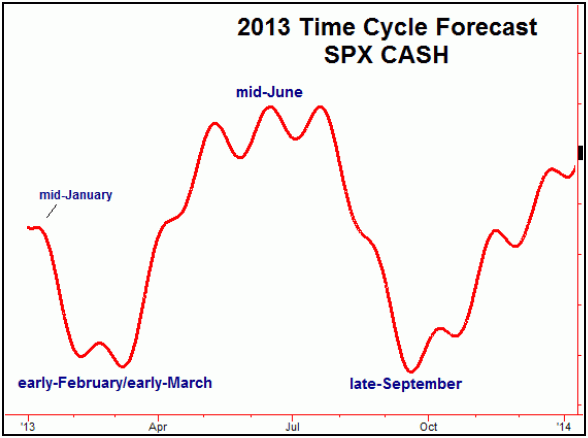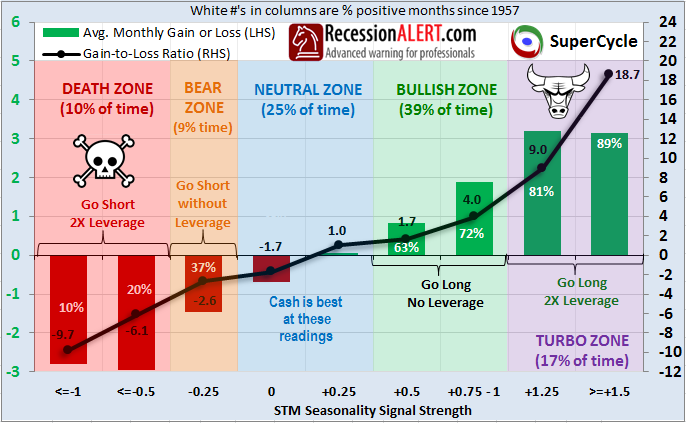Seasonal Stock Market Trends
Post on: 21 Июль, 2015 No Comment

Stock market performance tends to decrease during summer months.
Jupiterimages/Photos.com/Getty Images
More Articles
Each year, the stock market tends to repeat certain seasonal trends. These seasonal trends affect individual stocks and the stock market as a whole. When investors have a thorough understanding of how these trends work, they’re able to gain a slight advantage when it comes to trading and investing. However, investors should also realize that while trends can help predict a higher probability of certain outcomes, performance can never be guaranteed.
January Effect
The January effect helps predict how the market will tend to perform throughout the year. The January effect takes place from the last trading day in December through the fifth trading day in January. Investors tend to sell losing stocks at the end of December so they can claim tax losses, and bargain hunters are then able to purchase the stocks at a discount. This new demand creates buying pressure on the market, which affects gains and losses. According to TradingSim, the S&P500 statistically has an 86 percent chance of rising throughout the year if it experiences gains during the first five days of the year.
End of Quarter Effect

At the end of every quarter, portfolio managers feel pressure to close the quarter on a positive note. As a result, a concept referred to as window dressing has emerged. Some portfolio managers wait until the last day of the quarter to bid aggressively on shares of stock already in their portfolio. With this bidding surge, stock values temporarily increase, and the portfolio manager can close the quarter with positive gains that are attractive to potential investors. According to The Wall Street Journal, statistics from the final trading day of each quarter demonstrate a trend where stocks beat the market by a minimum of five percentage points at the close of the quarter, only to fall by three or more points the following day.
Pre-Holiday Effect
The pre-holiday effect is an anomaly where stock prices tend to rise on the final trading day preceding a holiday. According to Quantpedia, statistical research shows that market returns are often more than 10 times greater on the days preceding a holiday than they are on the regular days of the year. One theory behind the trend proposes that the rise in performance is a natural phenomenon because people are more optimistic around the holidays. In addition, in the days preceding a holiday, people tend to lessen their involvement in the market, or lower their exposure. As a result, the market experiences lower liquidity, which affects prices.














